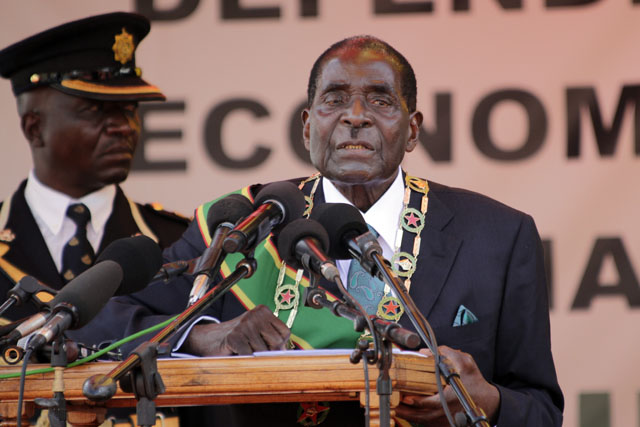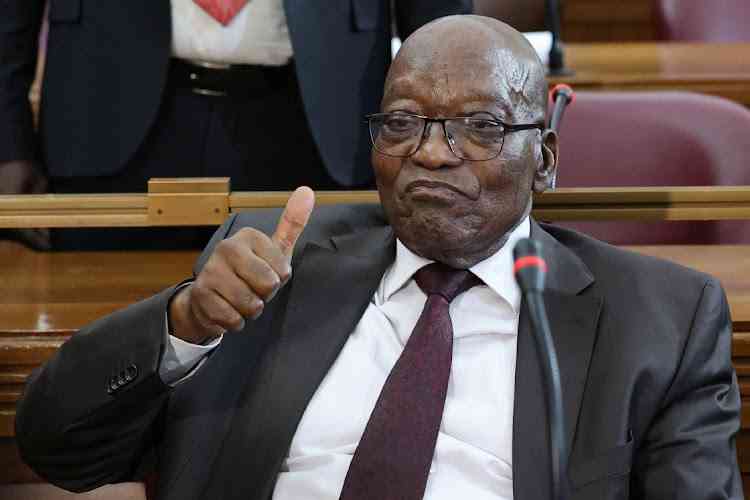
The recent political disturbances in Lesotho which saw Premier Tom Thabane fleeing to safety in South Africa after fears the military had staged a coup, may have gone completely unnoticed in Zimbabwe had there not been spurious claims in some sections of the media that President Robert Mugabe had intervened and solved the problem. NewsDay Editorial
It turned out it was, in fact, South African President Jacob Zuma, as head of the Sadc Organ on Politics, Defence and Security, who had brought temporary relief to the “Mountain Kingdom”.
Be that as it may, there are some lessons that Zimbabwe could derive from the Lesotho debacle, the most important of which is that Zimbabweans shouldn’t take for granted the stability obtaining in their country.
The situation in Zimbabwe is no different from that in Lesotho, which analysts say is a result of “a largely unchecked army and a complicated electoral system that lends itself to personal rivalry”.
The internecine fighting panning out in Zanu PF is caused mainly by a complex succession process and the role the military is playing therein, giving it the potential to explode into open war with dire consequences.
The recent extension of the terms of service of the so-called securocrats by another five years could have been informed by the wish to keep them out of the intra-party fighting. But their shadow continues to hover menacingly over the situation.
The succession process has not been properly defined, hence the fighting. Over the years, out of frustration that that their chance to rule has been thwarted by the incumbent’s longevity and unwillingness to pass the baton, ambitious leaders have formed themselves into factions waiting to pounce as soon as a vacancy obtains in the leadership.
But the whole thing is a recipe for disaster if not solved decisively and immediately, too.
- Chamisa under fire over US$120K donation
- Mavhunga puts DeMbare into Chibuku quarterfinals
- Pension funds bet on Cabora Bassa oilfields
- Councils defy govt fire tender directive
Keep Reading
It would seem Mugabe is reluctant to name a successor because he fears the consequences of any such move. The ruling party is so divided that any pronouncement to that effect might bring political mayhem and instability in the country.
But he is only postponing the problem. He now has to bite the bullet and name a successor, even before the party’s elective congress in December. This is not impossible considering what was done with the Women’s League where a totally unexpected event happened.
When Mugabe’s wife Grace was nominated for the post of Secretary for Women’s Affairs, everyone was taken by surprise. There were pockets of resistance, of course, but these were quelled mostly through coercion. After Mugabe himself gave the nod to the nomination, all the ducks fell into line; no one wants to be seen to be opposed to the “Dear Leader”.
Mugabe can do the same for the main wing of the party. The reality in Zanu PF politics is that Mugabe is the law; he can anoint anyone to any post and everyone will endorse the move. To wait until the December congress could be suicidal for both the party and the country.











